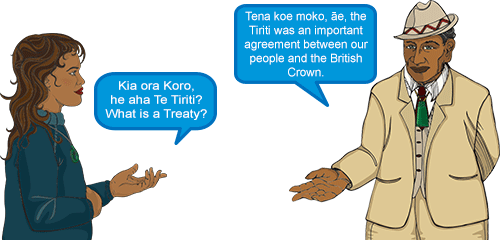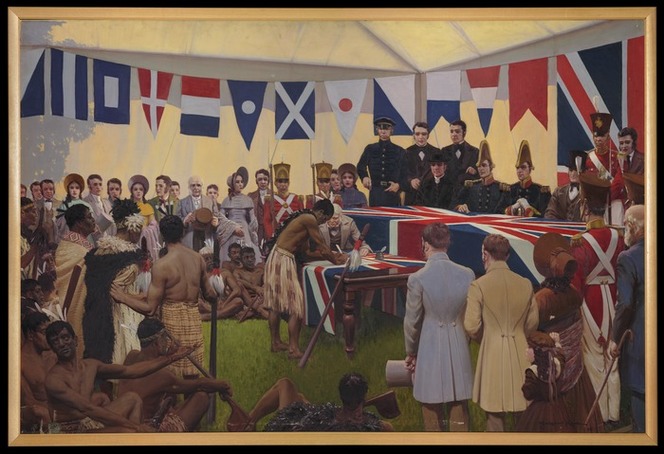
In international law an agreement that is binding on two or more nations is called a treaty. According to modern diplomatic usage, the term treaty is confined to particularly significant international agreements. This is the definition of a treaty in Encyclopedia Britannica Kids. Use at a library or enter your library card & password / PIN.
A treaty is a type of legal agreement. Often treaties are made between countries, states or international organisations. Similar words to treaty are agreement, protocol, covenant, pact. Treaties are often made for political, humanitarian or economic reasons.
Some examples would be treaties formed to keep peace between countries, agree on borders, make sure specific races or groups of people are treated fairly, and set up rules for business trading between countries or organisations. The groups making a treaty are agreeing to follow certain rules or conditions and these are enforceable under international law.
The first Treaty we have knowledge of is from 1258BC and was made between the Egyptian Pharaoh and the Hittite King after the Battle of Kadesh. A clay copy of the Treaty of Kadesh it is held in the Istanbul Archaeology Museum.
Famous treaties
Treaty of Versailles 1919
Treaty signed following World War 1 between the Allies (included the United Kingdom, France, Italy, and the United States of America) and Germany.
Geneva Conventions
The latest one is from 1949. The Conventions deal with how countries behave during conflict or wars. They include rules about the treatment of wounded and dead during battles, treatment of prisoners of war, treatment of civilians (non-fighting public) during wartime.
Universal Declaration of Human Rights
United Nations Charter which member nations have pledged to uphold. There is a simplified version of the 30 articles of the Declaration for kids, as well as the full version.


